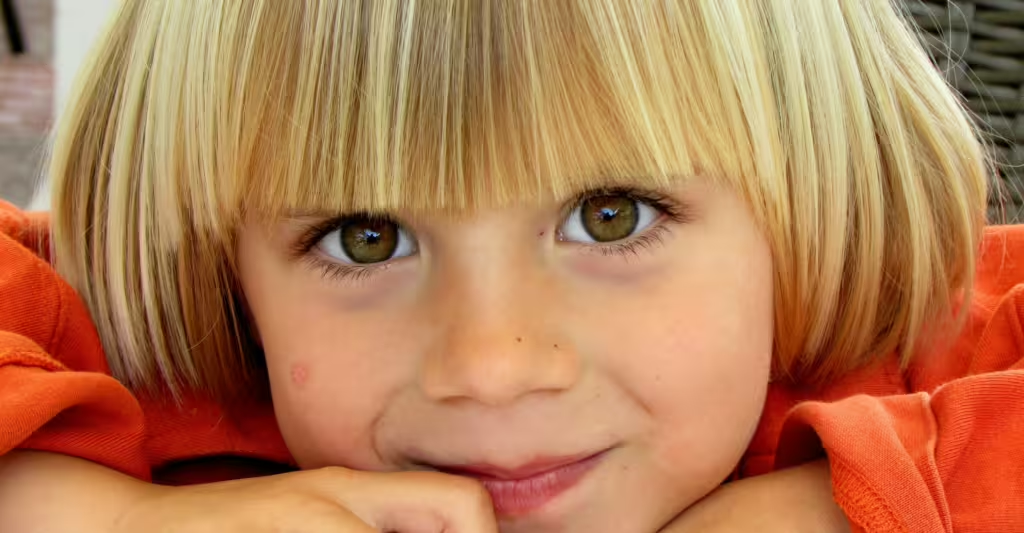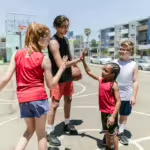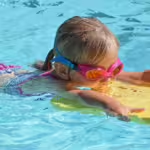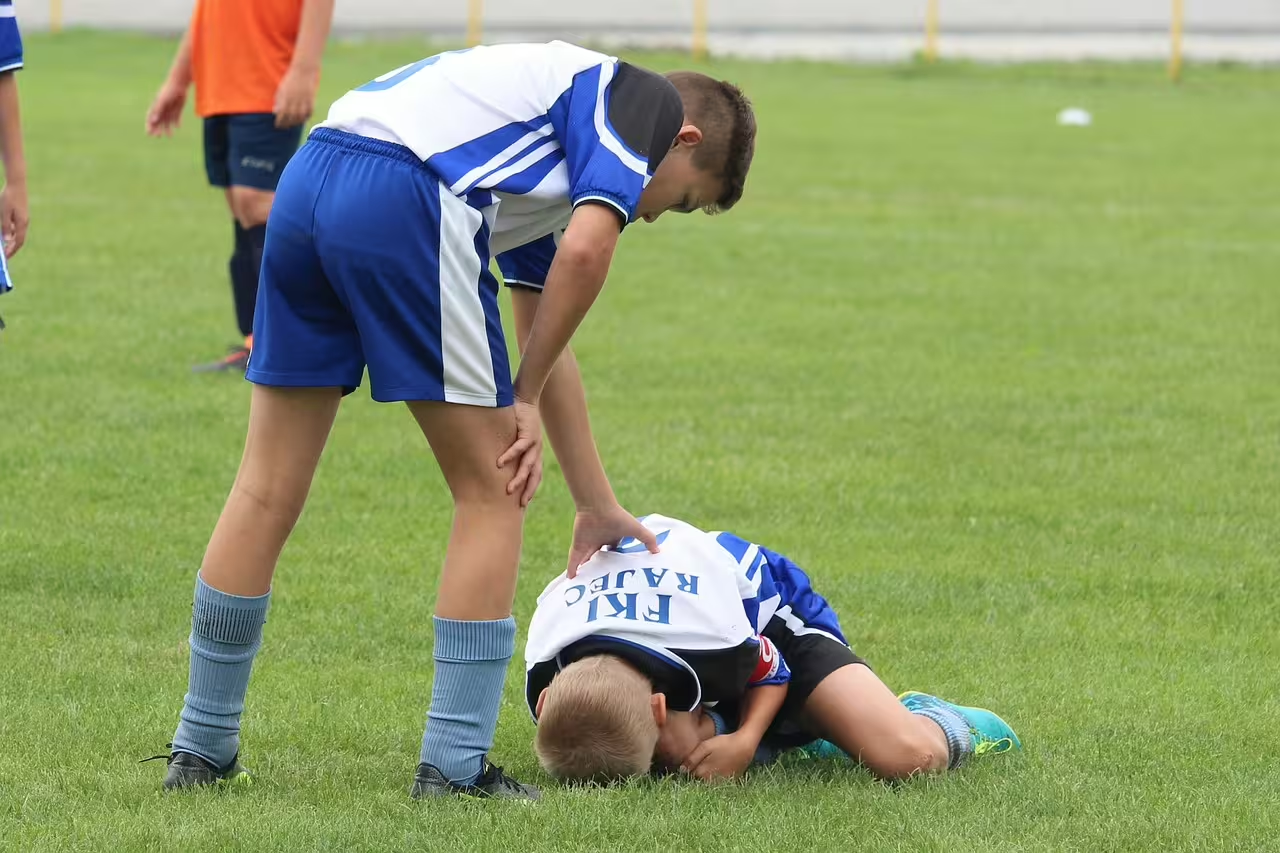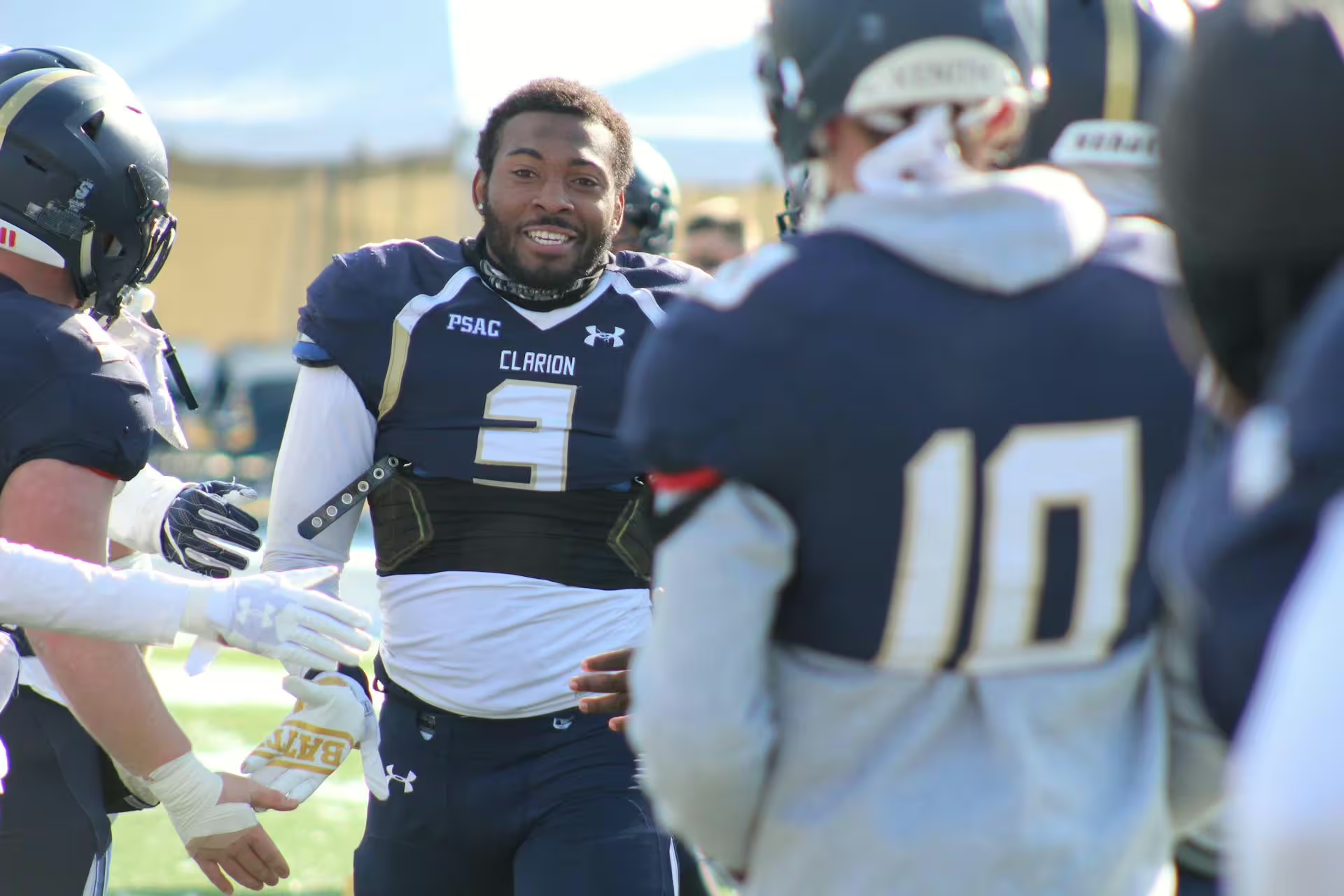For many parents, introducing one’s child to sports can be a hopeful and exciting milestone. Unfortunately, there are sometimes extraneous factors that make this whole situation a little more difficult. For instance, when your child has special needs, this moment can bring new emotions to the table, those of hope, and hesitation, as well as a host of questions.
Those of us who do have special needs children in our lives are always concerned with ways to ensure they’re included, encouraged, and safe, but we also want them to have fun and develop necessary skills. By now, most readers should know and appreciate how sports can be a powerful, life-changing experience for any child, let alone those with special needs. Sports can help them to build physical health, social confidence, and enhance their emotional well-being.
In this article, we will guide you through how to support your child in every way that matters. We will direct you as to how you can guide your special needs child as they take their first steps into the world of sports. We will provide parents with the information they need in order to choose the right activities in order to creating a supportive environment where they can thrive.
Why Sports Matter for Kids with Special Needs
We will get into the “how” of instilling a love of sports in your special needs child a bit later in the article, but it’s more important to understand the “why” from the get-go. You see, sports offer kids a wide range of benefits, but for those with physical, cognitive, developmental, or sensory challenges, the impact can be especially meaningful.
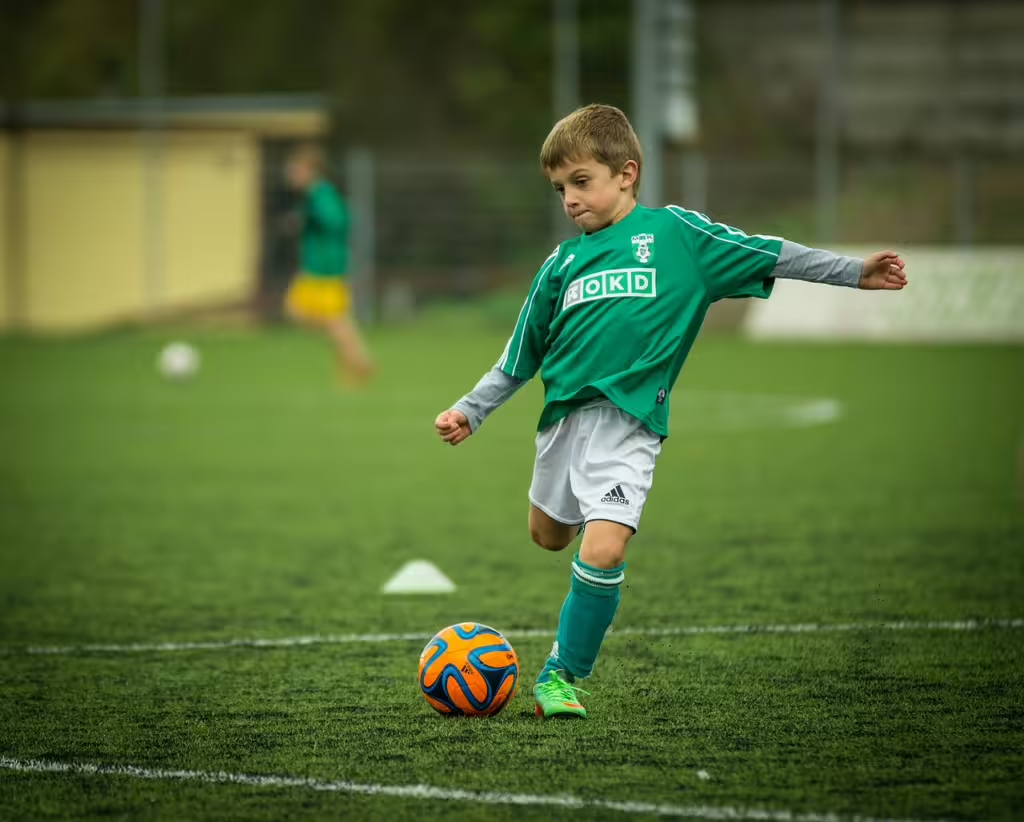
Physical Development
As one might expect, physical development is at the top of the list for a good reason. The fact is, many children with disabilities may experience certain delays in motor skills, strength, or coordination. Sports and really any degree of physical activity have been shown to help improve muscle tone, cardiovascular health, flexibility, and overall mobility. It should also be noted that these physical developments won’t just help them on the sports field, they can also aid in daily functional tasks—such as climbing stairs or tying their own shoelaces. This is all dependent on the child’s specific needs, of course, but any help in the areas of coordination, strength, and skill, can be helpful for children of varying degrees of physical or mental impairment.
Social Growth
Group activities such as sports, afford children a chance to meet new friends and develop relationships. This makes sense, as sports of every kind encourage teamwork, communication, and turn-taking—skills; these skills that can sometimes be harder to master for children with autism spectrum disorder (ASD), ADHD, or other social challenges. At the same time, organized play also fosters the development of new friendships and belonging to a group of children who, despite their differences, are exactly the same as them.
Emotional Confidence
Children with special needs might have issues regulating their emotions or else feeling isolated because of their disabilities, but sports can shift the focus away from such negative feelings. Participating in sports helps children gain a sense of independence and accomplishment. As they play with others, experiencing victory, loss, and a sense of shared camaraderie, they also learn to set goals, overcome obstacles, and build up their self-esteem. When it’s all said and done, you often end up with a kid who is much more emotionally stable and who has the ability to overcome other emotional struggles in their daily life.
Routine and Structure
Believe it or not, kids actually do much better when they have a routine to follow. Any parents who have children, special needs or not, can attest to this. When even one element of a routine is upended, chaos and tantrums can ensue. Thus, children who thrive on predictability (such as those on the Autism spectrum) often benefit from the structured nature that exists in sports. Through scheduled and regimented practices and games, children learn that there is something they can count on, predict, and in some ways control. Remember, routines provide security, and positive repetition of those day-to-day practices helps reinforce learned behaviors, while maintaining emotional homeostasis.
How to Know When Your Child is Ready
Most parents hem and haw about when their child is going to be “ready” to start sports; we get it. If your child has special needs, uncertainty about their readiness to do certain things has likely been an unending facet of their life up until this point. As parents, we fear getting our children into anything before they are ready, but the thing is, readiness looks different for every child. Some kids may start early with basic movement or parent-assisted activities, while others do better at more mature developmental stages. Yet, readiness isn’t about age alone—it’s about understanding and spotting certain cues.
Here are a few signs that your child might be ready for sports:
- If your child has shown interest in movement, balls, or games.
- If your child seems to enjoy group activities, even if just observing them from afar.
- If your child is starting to follow simple instructions.
- If your child expresses curiosity about sports equipment and how to use it.
- If your child likes the company of other children and is asking for more of it.
These are all great things to watch out for, but even if they are all good indicators, there are other things you can do to begin their sports journey at home, first. Start with informal activities like backyard catch, swimming, or dance to gauge interest and comfort. Remember, there’s no rush to get them into a league or school team. The goal is to support their exploration without adding undue pressure.
Finding the Right Sport
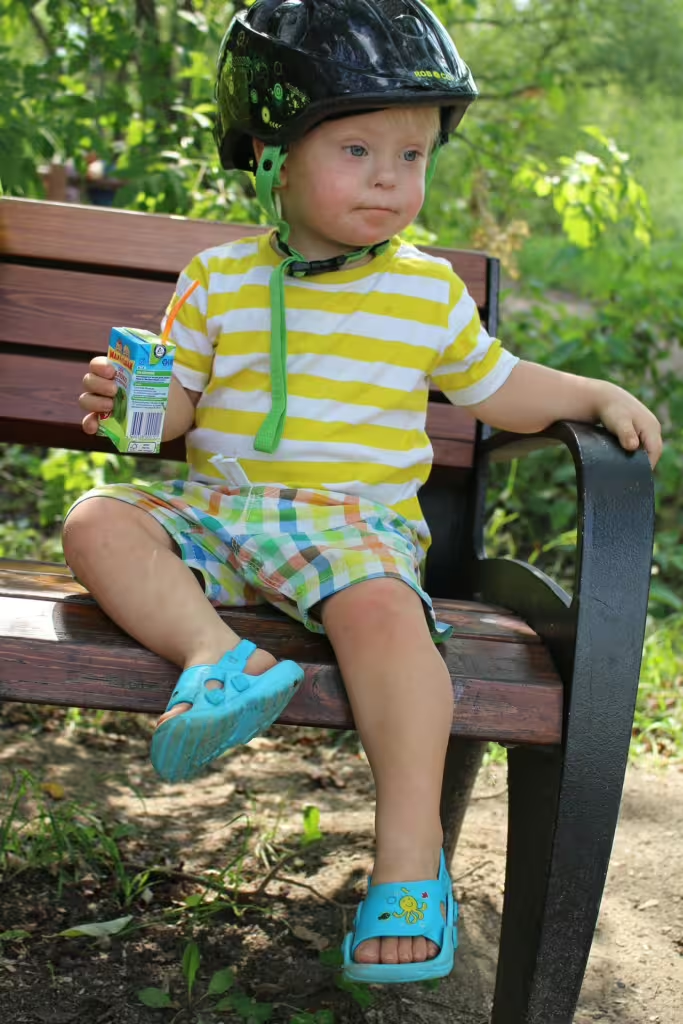
We will be blunt, there isn’t always an easy answer to “which sport is best for my child.” Quite often, the best sport for your child is the one that fits their abilities and interests—at the time. It is often not the one other kids are doing and it can change as a child grows and improves. When searching for a good fit, focus on accessibility, adaptability, and enjoyment. Here are some options you will want to consider:
Swimming
Widely regarded as one of the most accessible sports for all children, swimming is also particularly helpful for kids with special needs. Not only does learning to swim give children a skill that they will likely safely employ for the rest of their lives, it also promotes full-body strength, cardiovascular fitness, and sensory regulation; three things which special needs children will seriously benefit from. The water provides buoyancy, which makes movement easier and more comfortable. Also, many public pools offer adaptive programs for those with special needs.
Martial Arts
Programs like karate or taekwondo teach young athletes the benefits of discipline, balance, and focus. For children with ADHD, martial arts offer an outlet for their seemingly endless wellspring of energy. It also may help them to build and maintain impulse control. Note that many dojos offer inclusive or special-needs-friendly classes for children.
Track and Field
Kids love to run and jump and track and field offers them an outlet for this. In fact, this sport offers multiple avenues: running, walking, throwing, and jumping. Events can be modified, and it encourages individual effort within a team environment.
Adaptive Soccer
Modified soccer leagues are designed to provide players with smaller fields and adjusted rules, while also allowing fewer players onto the field. This is meant as way of streamlining things and enabling kids to focus more cleanly on the game, their actions, and those of the other athletes. Children with physical or cognitive delays often flourish with a little more space and simpler range of play.
Gymnastics or Movement Classes
Kids gymnastics classes build core strength, coordination, and confidence for young athletes. Programs that use soft mats and obstacle courses are great for kids with sensory issues, excess energy, poor coordination, or balance challenges.
Dance and Music Movement
Though it is not traditionally labeled a “sport,” dance is every bit as physical as any other sport on this list. We at Cultured Athlete have spoken about the benefits of dance as a sport a few times now and we stick to that position. Dance develops rhythm, flexibility, and expressive movement, allowing kids to be themselves, feel the rhythm of their own heart, and perform in front of others. Inclusive programs often blend music and physical activity in joyful, social ways.

Unified Sports
Offered by organizations like Special Olympics, Unified Sports bring together children with and without intellectual disabilities. These programs are excellent and full of educated, highly-trained individuals, and people just working to help children learn to love sports. They often emphasize inclusion and teamwork, aspects of sports which children need in order to feel comfortable.
When it comes to each and every one of these sports, remember to look for organizations with trained instructors, a low child-to-coach ratio, and experience working with children of all abilities.
How to Start the Process
Talk to Your Child’s Team
Now we get to the how, first, before enrolling your child in a sport, talk to their pediatrician, occupational therapist, physical therapist, or special education teacher. These individuals literally know your child inside and out, they understand their limitations and what they need to find success and joy in sport. As a result, they are well-place to help parents understand which physical activities are safest and most beneficial. Many might even have recommendations for specific programs.
Visit Programs Ahead of Time
If at all possible, try and attend a practice or meet the coaches before enrolling your child. While you’re there observe certain things:
- Are the children engaged and happy?
- Is the environment overstimulating?
- Are coaches patient and positive?
Don’t be afraid to ask questions to both parents, coaches, and even participating athletes; with permission of course. For the professionals, be sure to ask about their experience with special needs participants and how they modify activities. For the kids, ask if they are having fun. Kids are honest to a fault in most cases, they will usually be pretty clear if they aren’t.
Start Small
Don’t go too big too fast. Choose a low-pressure, non-competitive program that focuses on fun, over performance. Take your child to watch or attend short sessions so that you can introduce them to this new environment gradually. Remember, it’s perfectly okay to stay nearby in the beginning to offer support.
Long-Term Benefits and Looking Ahead
As your child gains more and more experience, they will gain more confidence. This is the long game we’re playing here and so, the long-term impacts that we want to see are what counts. That said, those long-term impacts can be remarkable:
- Better self-regulation and coping with frustration.
- Healthier sleep due to physical exertion and routine.
- Improved communication through team interaction.
- Greater independence and willingness to try new things.
Bear in mind that some children go on to participate in competitive adaptive sports at the regional or national level; but that doesn’t have to be your child! Other kids may simply enjoy lifelong recreational play and hanging out with their friends. Both are victories in our book. Our goal is not to create champions—it’s to create opportunities for growth, belonging, and joy.
Cultured Athlete Says…
As you can see, helping your special needs child discover a love for sports can be a wonderful, enriching process for you both. It will take some patience and some effort on your part, but it is worth it in every way that counts. Remember, this isn’t about pushing limits—it’s about opening doors. giving your child the chance to play sports must be about honoring their interests, respecting their pace, and celebrating their every victory—big or small. If you keep those things as your focus, you and your child will grow from the experience.
As parents, our support, encouragement, and understanding are what our children need to succeed. With a word or a gesture, we can turn hesitation into confidence, and curiosity into passion. Therefore, whether your child becomes a swimmer, dancer, martial artist, or weekend soccer enthusiast, what matters most is that they’re seen, valued, and included.
Discover more from CulturedAthlete
Subscribe to get the latest posts sent to your email.

